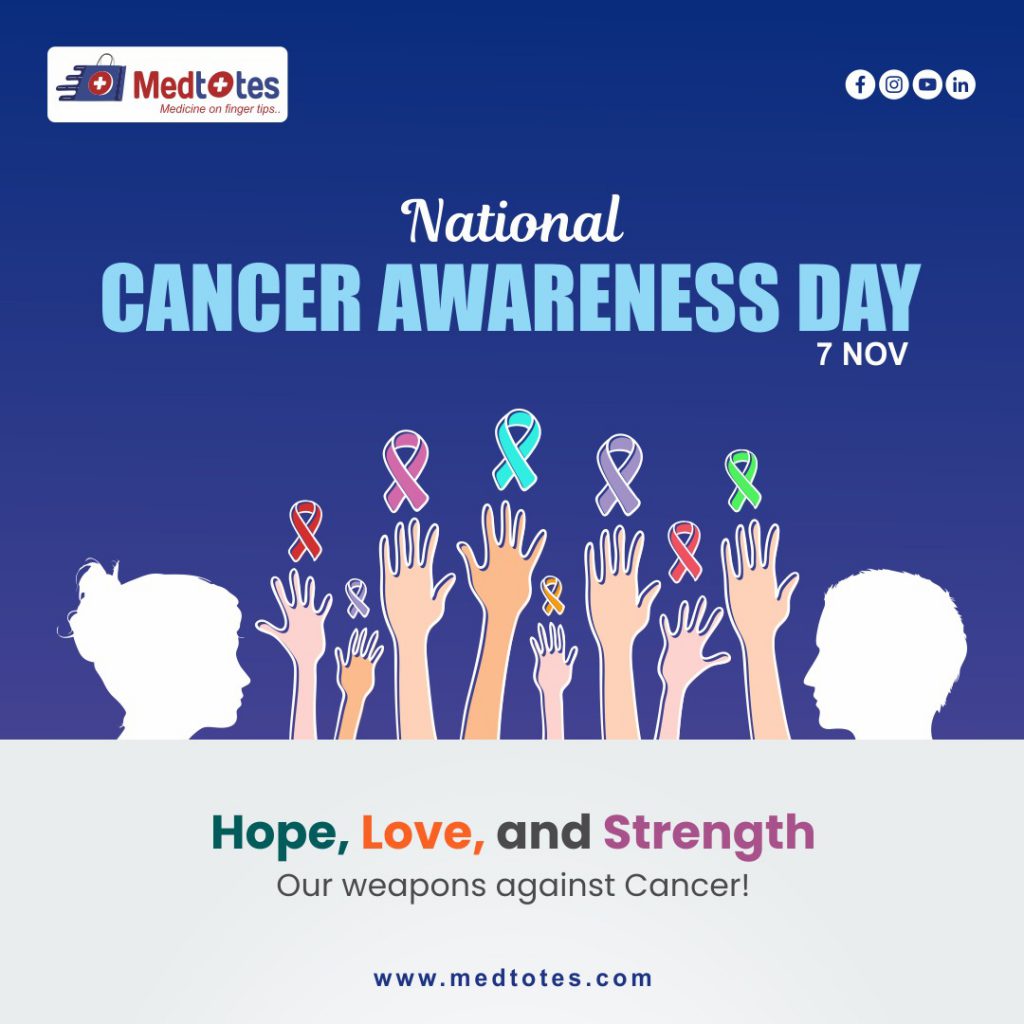Introduction
Cancer is a leading cause of death worldwide, caused by the uncontrolled growth of abnormal cells that can spread to other parts of the body. With over 100 different types, early detection and advancements in treatment have greatly enhanced survival rates. In this article, we will raise awareness by discussing essential cancer facts, the importance of early detection, and how it improves the likelihood of successful treatment.

Facts about Cancer
- Global Impact: Cancer is a leading cause of death worldwide, responsible for an estimated 10 million deaths annually.
- Types of Cancer: Common types include lung, breast, prostate, colorectal, and skin cancer, but the disease can affect nearly every organ in the body.
- Risk Factors: Known risk factors include tobacco use, unhealthy diets, lack of physical activity, excessive alcohol consumption, and exposure to carcinogens like radiation and certain chemicals.
- Prevention: While not all cancers are preventable, lifestyle changes such as healthy eating, regular exercise, and avoiding tobacco can reduce risk.
- Treatment Advances: Treatment options include surgery, chemotherapy, radiation therapy, immunotherapy, and targeted therapies, with outcomes improving due to early intervention and personalized medicine.
Importance of Early Detection
Early detection is crucial for successful cancer treatment. When cancer is detected at an early stage, it is often more treatable, and the chances of survival are higher. Many types of cancer can be detected through screenings or regular check-ups, such as mammograms for breast cancer, Pap smears for cervical cancer, and colonoscopies for colorectal cancer.
- Smaller Tumors: Smaller tumors are easier to treat and less likely to have spread to other parts of the body.
- More Treatment Options: Early-stage cancers often have more treatment options available and less aggressive treatment protocols.
- Improved Survival Rates: The earlier the diagnosis, the higher the chance of survival. For example, breast cancer detected in its earliest stages has a nearly 99% five-year survival rate.
- Cost Savings: Early treatment is often less expensive than treating advanced-stage cancer, which may require more intensive therapies.
Conclusion
Cancer remains a formidable global health challenge, but advancements in early detection and treatment have significantly improved patient outcomes. By focusing on regular screenings, promoting awareness of risk factors, and encouraging healthy lifestyles, we can further reduce the incidence and impact of cancer. Early detection is a powerful tool in the fight against cancer, enhancing survival rates and offering hope for better treatment outcomes.
